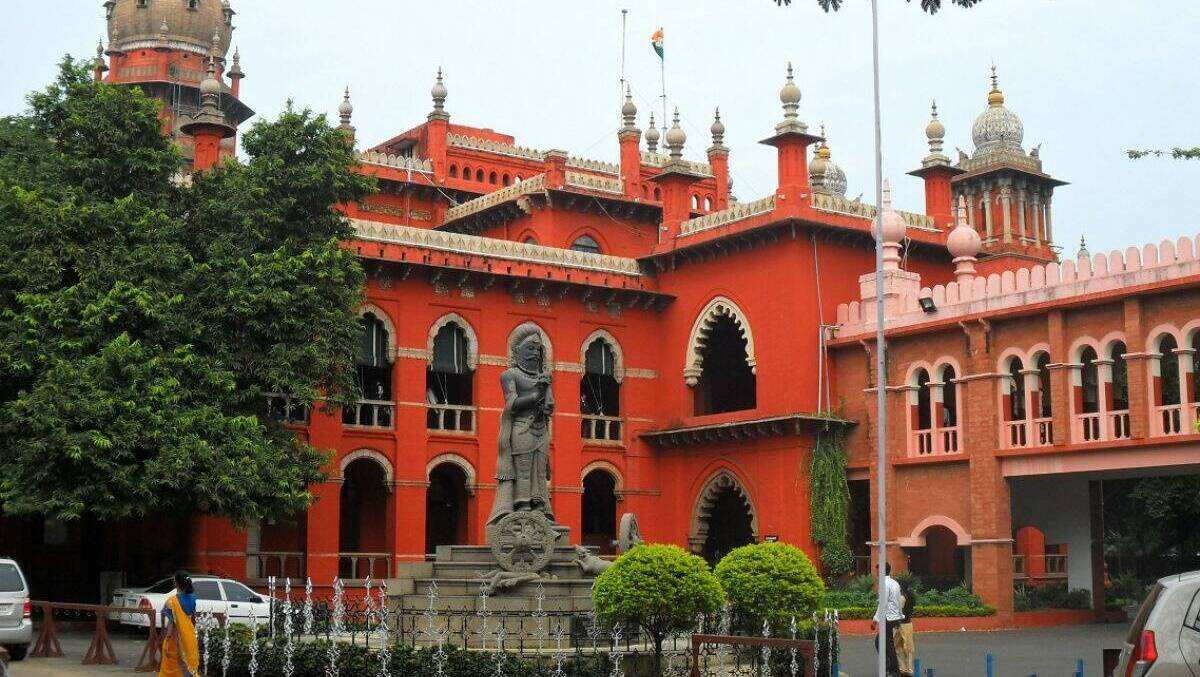The Madras High Court recently observed that an application for further investigation can be made even after the commencement of trial. The matter was between Ganesan v. SHO and another (Crl R.C No. 654 of 2022) and was presided over by hon’ble MR.JUSTICE D.BHARATHA CHAKRAVARTHY.
FACTS OF THE CASE:
The primary point was that the accused had deceived the de facto complainant by making a false promise to secure a position as an assistant engineer with TNEB and had received money from him several times and in various locations.
Both the CDR information from the mobile phones used for communication and the CCTV footage from the aforementioned locations were not acquired. Additionally, the Section 65 B certificate required by the Indian Evidence Act for several papers was not provided. An application was submitted on behalf of the prosecution to record all of these items.
The Additional Public Prosecutor filed the application alone, and the Trial Court rejected it on the basis that the trial had already started. In response to this refusal, the de facto complaint filed the revision petition.
JUDGMENT:
A plea for additional inquiry may be submitted even after the start of the trial, the Madras High Court ruling. The court noted that uncovering the truth was of the highest importance and that Section 173(8) of the CrPC did not restrict the Police’s ability to conduct an additional investigation after the start of the trial.
Justice Bharatha Chakravarthy observed as under:
“Section 173(8) of Cr.P.C., does not place any fetter on the Police to conduct further investigation in the case after commencement of trial and whenever they come across any additional information it is just and necessary that the same be brought to the notice of the Court…..since bringing out the truth is the primordial purpose of investigation and the present application serves the said purpose, I am of the view that the application filed by the prosecution even after the commencement of the trial in this case is maintainable and I answered the question accordingly.”
The court noted that the application in the current instance was first submitted by the prosecution and was subsequently denied by the Magistrate. The de facto complaint was simply bringing this to the court’s attention because the court had the right to review whether the order was proper. The court also highlighted that there was no express embargo in Section 372 of CrPC for the de facto complainant to invoke the jurisdiction of the court. Hence, the court opined that the revision petition was maintainable.
“PRIME LEGAL is a full-service law firm that has won a National Award and has more than 20 years of experience in an array of sectors and practice areas. Prime legal fall into a category of best law firm, best lawyer, best family lawyer, best divorce lawyer, best divorce law firm, best criminal lawyer, best criminal law firm, best consumer lawyer, best civil lawyer.”
JUDGMENT REVIEWED BY ADITI PRIYADARSHI


